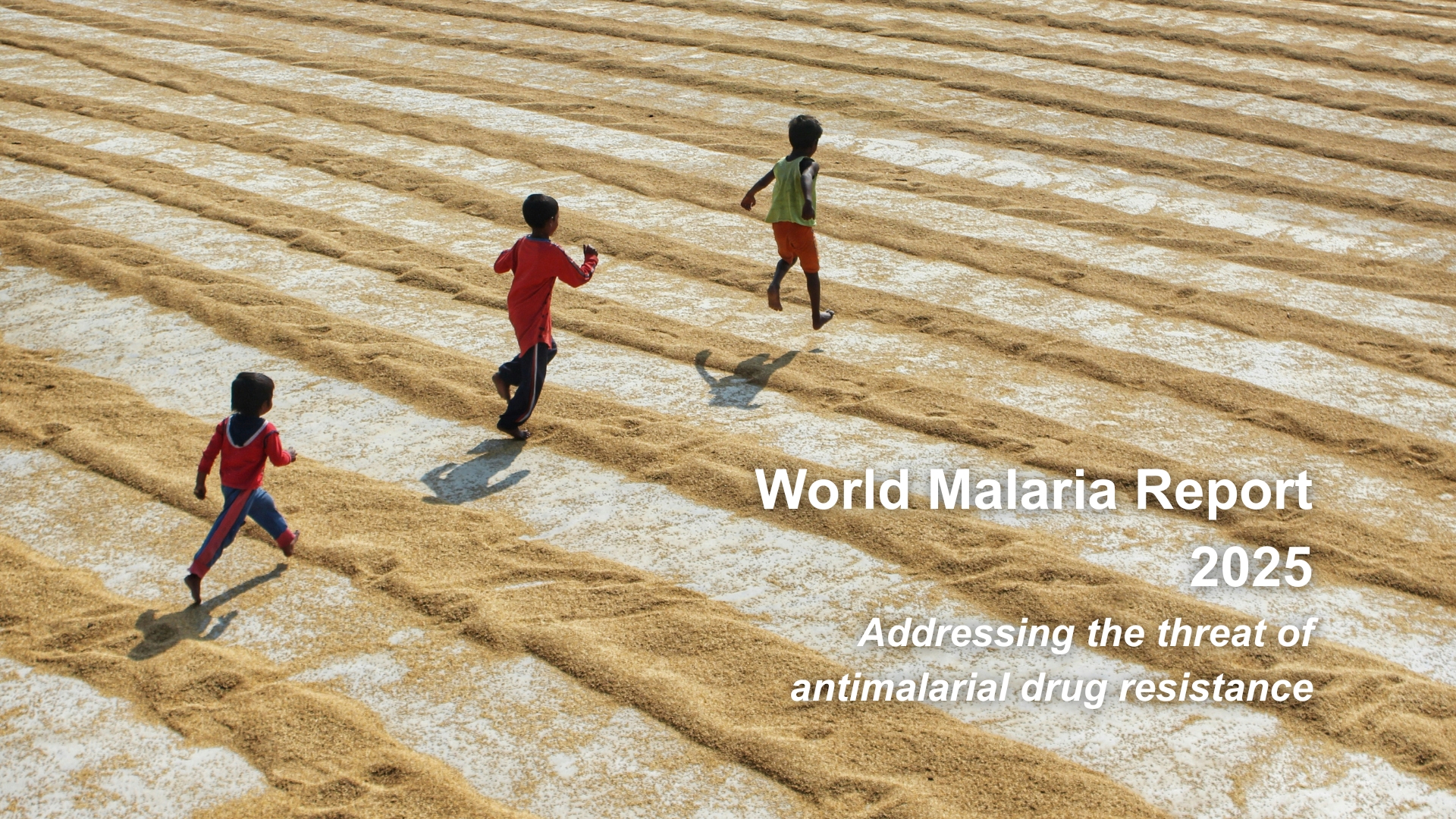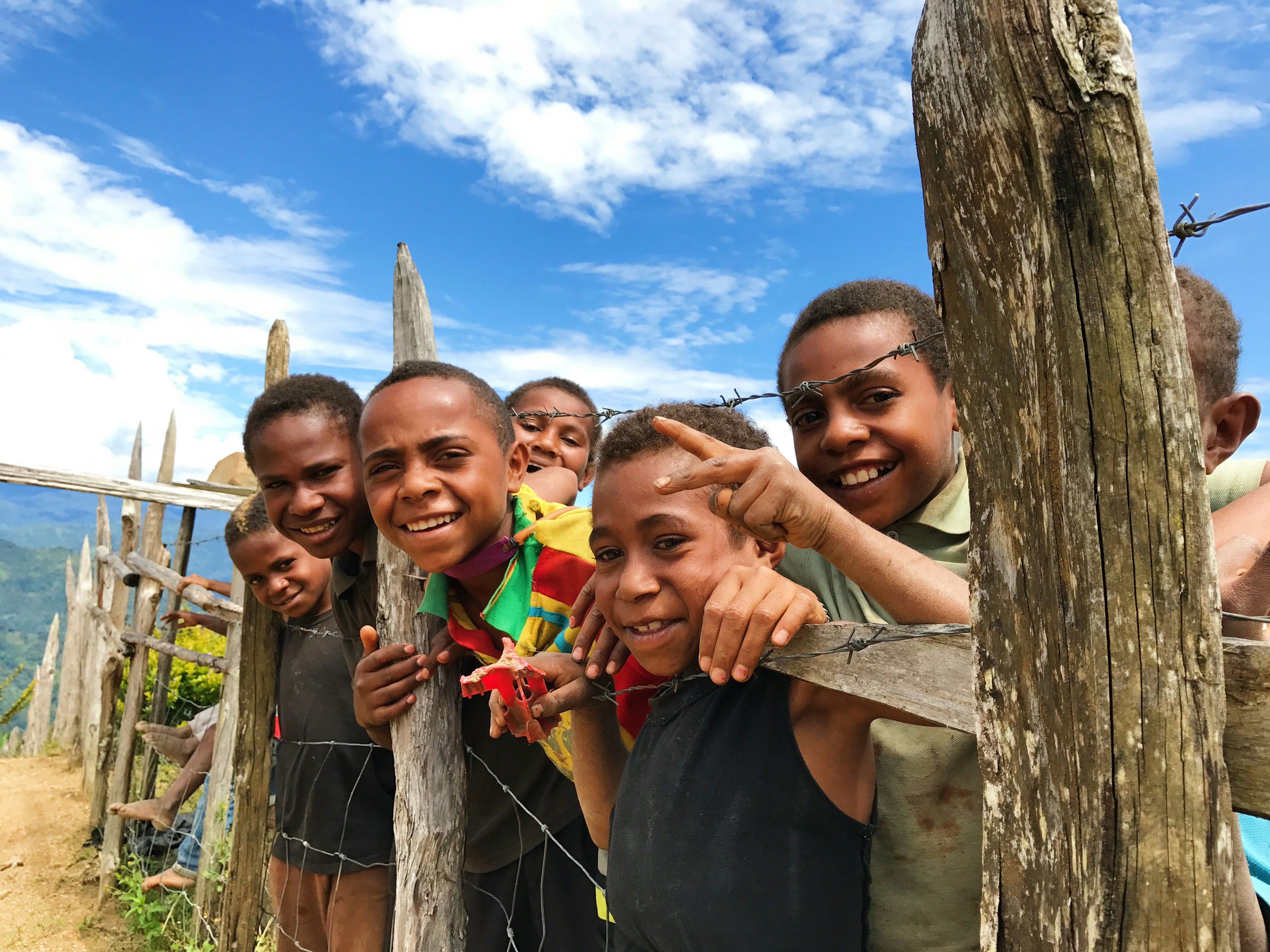
Nutrition and Malaria: Integrated approach for effective case management
Preventable infectious diseases such as pneumonia, diarrhea and malaria account for one third of all under-five deaths. Globally, nearly half of all deaths among children under five are attributable to malnutrition (Caulfield 2004). In Asia Pacific, 351 million people are still undernourished, and the COVID-19 pandemic will only exacerbate this figure. UNICEF estimates an additional 6-7 million children under 5 globally will suffer from acute malnutrition as a result (UNICEF 2020).
This means more people – especially children – will have weakened immunity and be at greater risk for infection including from malaria (FAO et al 2021). While the intersection between nutrition and malaria remains under-researched, particularly in Asia Pacific, evidence shows that children and pregnant women are the most affected by poor nutrition and are at the highest risk of adverse effects from malaria infection. Despite considerable progress to improve access to services for all, malaria and malnutrition remain two of the leading causes of death in children under-5 years of age, particularly in sub-Saharan Africa (WHO, 2019).
Our latest thematic brief in partnership with RBM Partnership and UNICEF explores the intersection of malaria and nutrition, and integrated approaches for effective management.
Nutrition and Malaria: integrated approaches for effective case management
May 2021
Download Thematic Brief

Integrated solutions to endmalaria, malnutrition, and anaemia
World Nutrition Day 2021 is a stark reminder of the global food problem and thecontinued challenge of inequitable access to nutrition. Millions of people –particularly children – are malnourished, putting their already weakened livesand immunity at greater risk of infections like malaria. The “Nutrition& Malaria – Integrated approach for effective case management” webinarhosted by the International Society for Neglected Tropical Diseases (ISNTD)explored the interplay between nutrition and malaria, and opportunities foreffective case management.
Moderatedby Mr Kamran Rafiq, Co-Founder and Communication Director of ISNTD, ourdistinguished panellists include Ms Amita Chebbi, Senior Director ofAPLMA-APMEN, Dr Lola Dare, Board Member of the RMB Partnership to EndMalaria, President of CHESTRAD Global, and Dr Roland Kupka, RegionalNutrition Adviser, UNICEF East Asia & Pacific Regional Office.
To find out more about malaria, and nutrition watch the full webinar below.
.svg)


.jpg)






